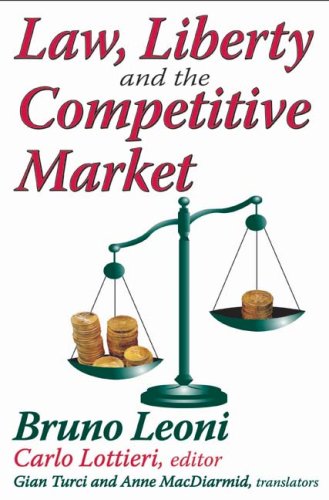

Most ebook files are in PDF format, so you can easily read them using various software such as Foxit Reader or directly on the Google Chrome browser.
Some ebook files are released by publishers in other formats such as .awz, .mobi, .epub, .fb2, etc. You may need to install specific software to read these formats on mobile/PC, such as Calibre.
Please read the tutorial at this link: https://ebookbell.com/faq
We offer FREE conversion to the popular formats you request; however, this may take some time. Therefore, right after payment, please email us, and we will try to provide the service as quickly as possible.
For some exceptional file formats or broken links (if any), please refrain from opening any disputes. Instead, email us first, and we will try to assist within a maximum of 6 hours.
EbookBell Team

5.0
20 reviewsLaw, Liberty, and the Competitive Market brings the clash between law and legislation to the attention of economists and political scientists. It fills a void and offers a series of texts that have not previously been translated into English. This anthology connects various articles by Leoni on economics and law with the objective of emphasizing how much Leoni's own theory in the juridical environment was influenced by reflection on authors of the Austrian school--from Carl Menger to Ludwig von Mises, from Friedrich von Hayek to Murray N. Rothbard.
The essays dealing with economics help us understand how many of Leoni's positions were libertarian. A careful reader of Mises, Leoni often ends up by assuming positions that are even more anti-state than those of the Austrian economist (concerning monopolies, for example). It is significant that in the 1960s his thought was influenced by Rothbard. The very critiques that he addresses to normativism and to analytical philosophy contain strong ideological elements, as they move from the awareness that legal positivism leads to statism and philosophical relativism to acquiescence in the face of power.
Studying the market economy, Leoni perceives opposition between spontaneous order and planning. In this way, he understands how such a contrast is significant for the origins of norms. Leoni's idea of a law able to protect individual liberty has its roots in the market. Thus, the market is at the same time the model he uses to conceive the legal order and an institution fundamental for the service of civilization, which the law is called to protect. This is an important work by a figure only now being recognized as a pioneer in the field of economics and an innovator in political theory.